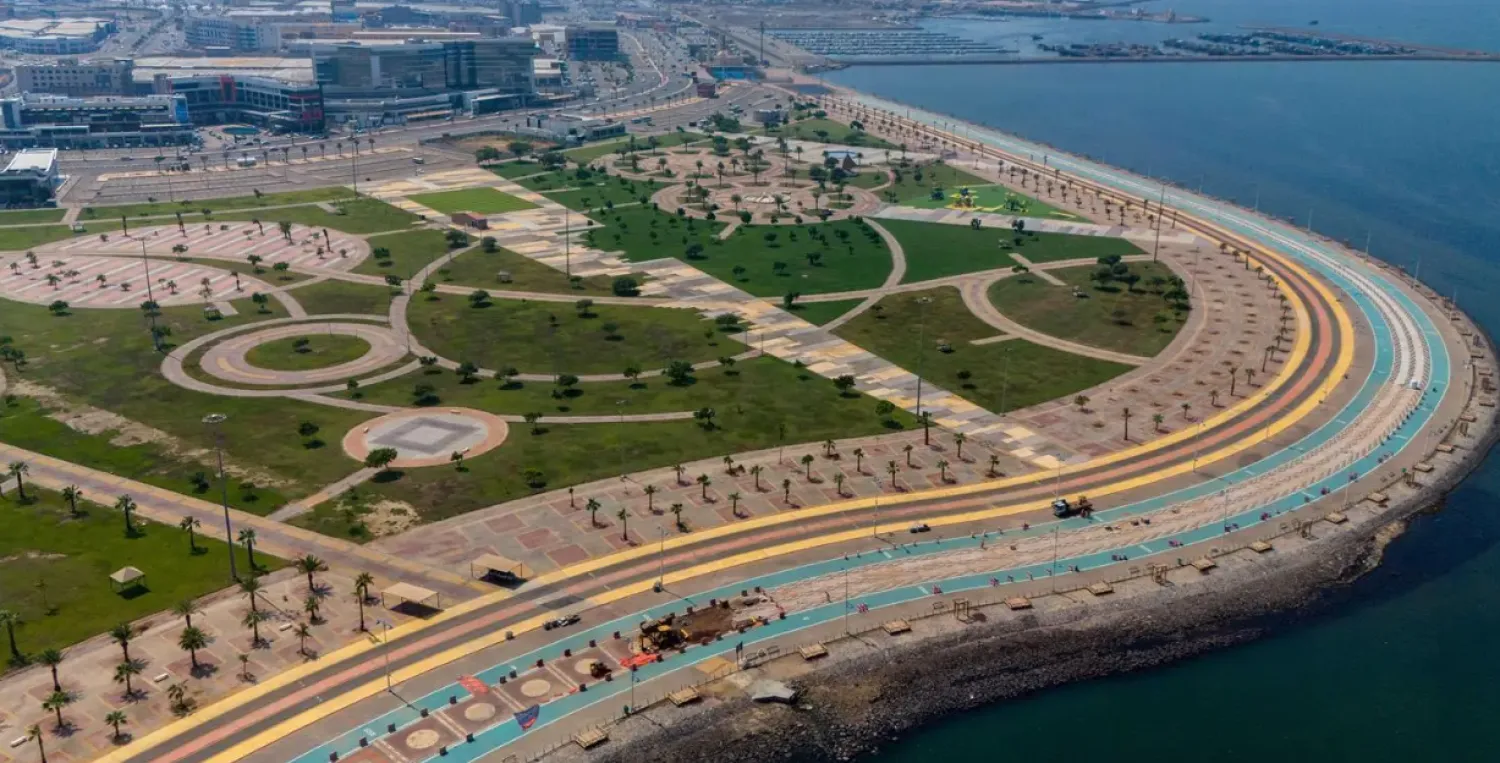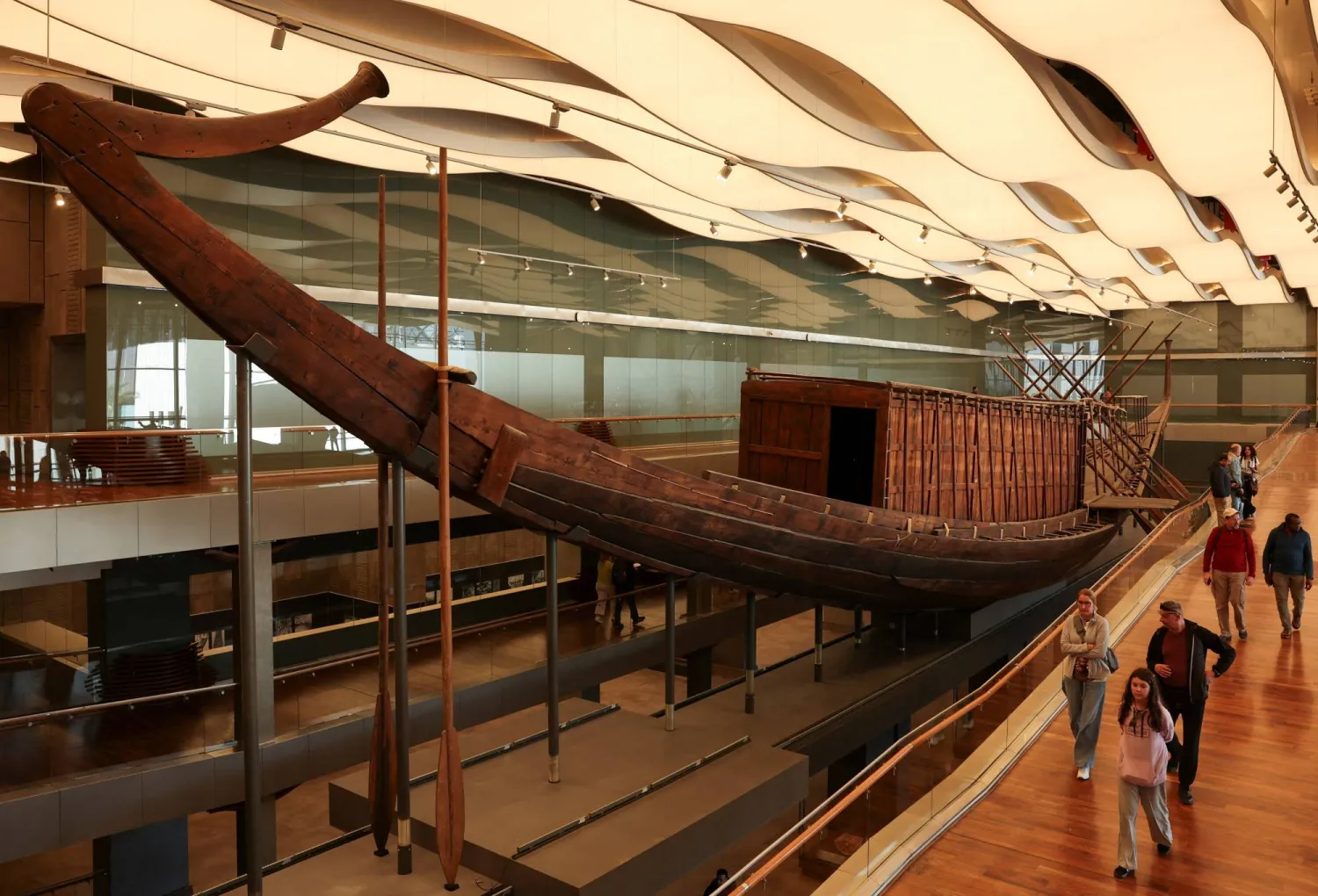The Bibliotheca Alexandrina organized on Wednesday, as part of its international book fair, a seminar titled “Antiquities in Contemporary Arabic Literature: The Kingdom of Saudi Arabia as a Model”.
The seminar featured Saudi poet Ibrahim Al-Juraifani and Egyptian archaeologist and Director of the Antiquities Museum at the Bibliotheca Alexandrina Dr. Hussein Abdel Basir, the Saudi Press Agency said.
During the seminar, Dr. Abdel Basir emphasized the importance of preserving antiquities and documenting archaeological sites in the Arab world, praising Saudi Arabia's comprehensive progress in tourism, culture, museums, and antiquities.
He noted that poetry collections incorporating antiquities in their verses represent a significant addition to the worlds of poetry, literature, and antiquities in the Arab world.
Al-Juraifani indicated that the Kingdom pays great attention to antiquities, noting that the Saudi Vision 2030 makes antiquities a key focus for documenting and recording sites through international organizations.
Bibliotheca Alexandrina Hosts Seminar on ‘Antiquities in Contemporary Arabic Literature’, Saudi Arabia as a Model

The Bibliotheca Alexandrina organized on Wednesday a seminar titled “Antiquities in Contemporary Arabic Literature: The Kingdom of Saudi Arabia as a Model”.

Bibliotheca Alexandrina Hosts Seminar on ‘Antiquities in Contemporary Arabic Literature’, Saudi Arabia as a Model

The Bibliotheca Alexandrina organized on Wednesday a seminar titled “Antiquities in Contemporary Arabic Literature: The Kingdom of Saudi Arabia as a Model”.
لم تشترك بعد
انشئ حساباً خاصاً بك لتحصل على أخبار مخصصة لك ولتتمتع بخاصية حفظ المقالات وتتلقى نشراتنا البريدية المتنوعة







